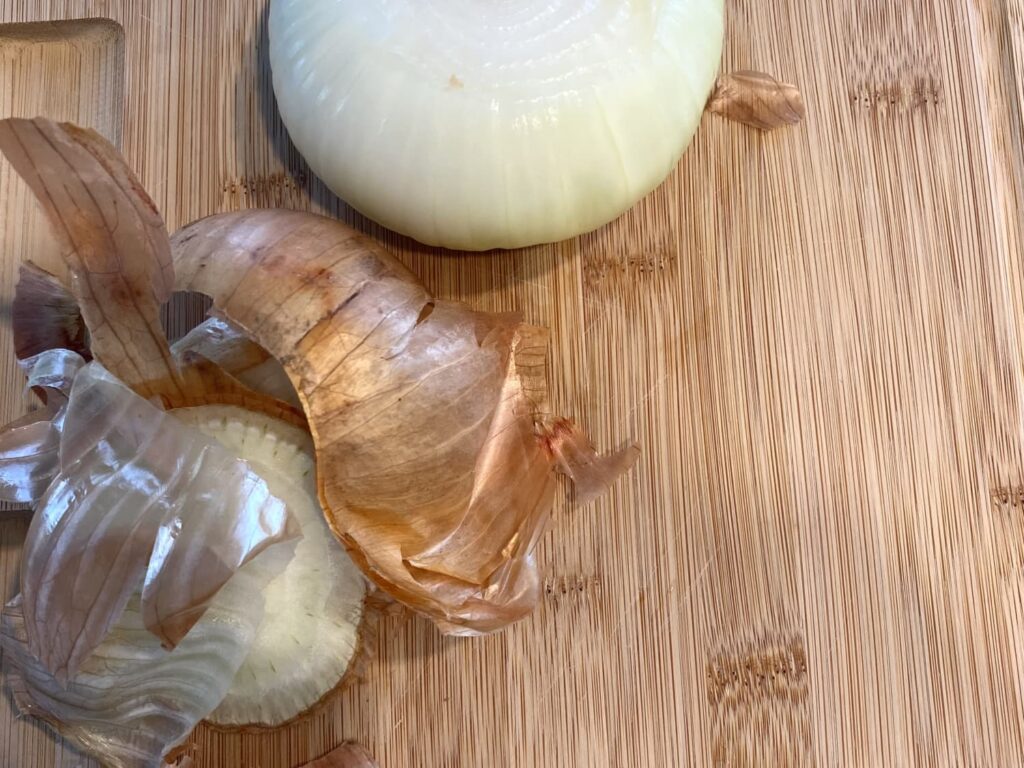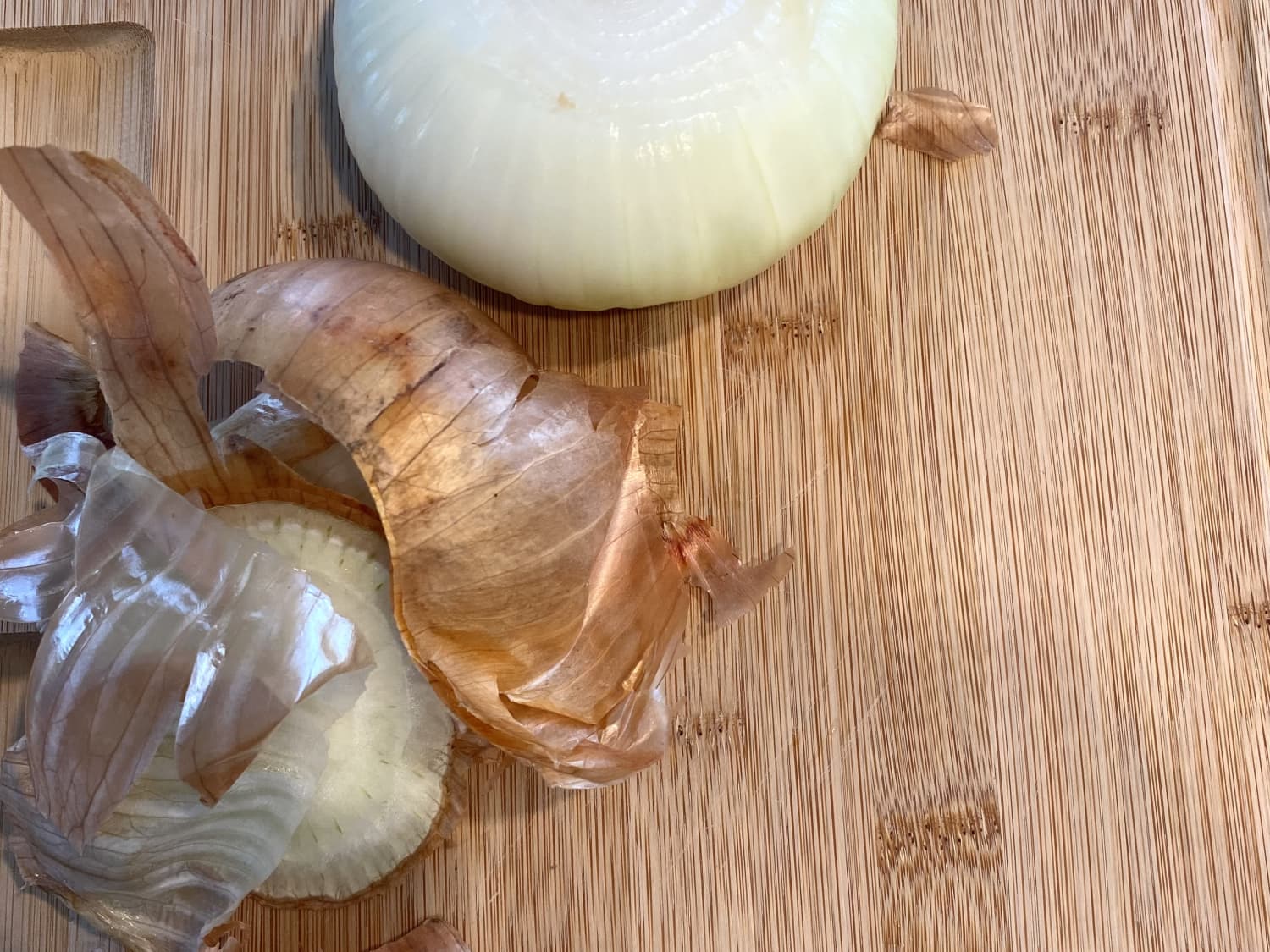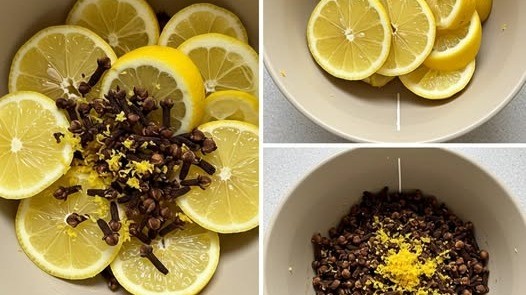
Next time you’re chopping onions for a meal, think twice before tossing out the skins. These papery outer layers are more than just kitchen waste. Rich in nutrients and antioxidants, onion skins hold a variety of uses that can benefit your home, health, and garden. Here’s why you should start saving those onion skins instead of throwing them away.
Why Keep Onion Skins?
Onion skins are loaded with quercetin, a powerful antioxidant that has anti-inflammatory and antiviral properties. They also contain dietary fiber and flavonoids, which are beneficial for heart health and may help improve bone density. The rich brown and golden hues of the skins come from their high concentrations of antioxidants.
Creative Uses for Onion Skins:
-
Natural Dye: Onion skins can be used to create a natural dye that is perfect for fabrics, Easter eggs, or even homemade crafts. The golden-brown color that results from boiling onion skins is surprisingly beautiful and completely non-toxic.
How to Make It:
-
Fill a pot with onion skins and add twice as much water.
-
Simmer for 20-30 minutes, strain, and use the dyed water for your projects.
-
-
Rich Broth: Add depth and flavor to your broths and soups by including onion skins during the cooking process. The skins not only impart a rich golden color but also enhance the nutritional value of your dishes.
-
Antioxidant Boost for Teas: Incorporate dried onion skins into herbal teas. Just a small amount can boost the health benefits of your regular tea, adding a layer of complexity to the flavor without overwhelming it.
-
Garden Compost: Onion skins are excellent for composting. They decompose quickly and add essential nutrients back into the soil, helping to nourish your plants.
-
Natural Pesticide: Boil onion skins in water and let the mixture steep. Once cooled, use it as a natural pesticide spray in your garden to help keep pests at bay without using harmful chemicals.
Getting Started:
To make the most of onion skins, start saving them in a dedicated container in your pantry. Whether you’re crafting a homemade dye, enriching your garden’s soil, or boosting your health with a nutrient-packed tea, these skins have numerous applications that go beyond the kitchen.
So before you toss those onion skins into the trash, consider the unexpected and valuable benefits they might provide. You just might discover your new favorite ingredient for both crafting and cooking!




